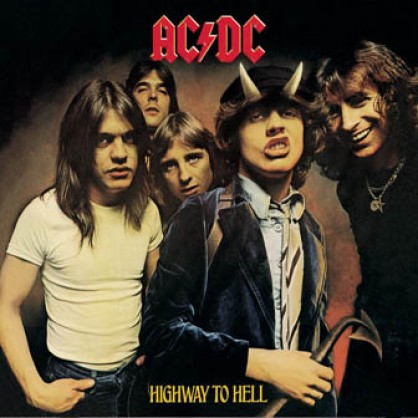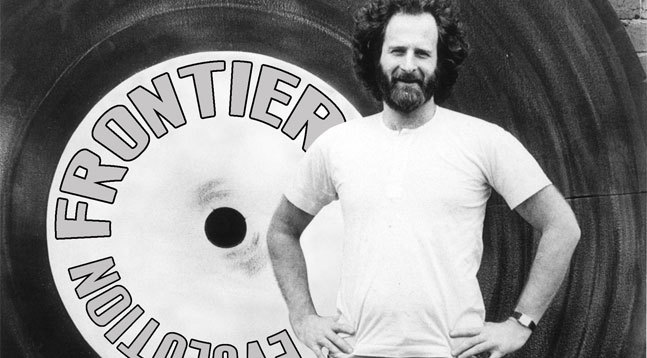![]() When most fledgling labels put out their first ever release, it’s a case of dipping their toe in the choppy waters of the music business.
When most fledgling labels put out their first ever release, it’s a case of dipping their toe in the choppy waters of the music business.
A short EP, perhaps a limited 7” – even just a single track online. All very sensible ways to get started.
Michael Gudinski’s never been very good at dipping his toe. He’s a jump-in-and-see-how-the-water-is type of chap.
It’s a big reason why the Australian has become such a music biz legend over the past five decades.
Gudinski’s first release on his Mushroom Records in 1973 was about as lavish as you could get: a triple live album of Australia’s Sunbury Rock Festival.
Mushroom, still housed in Gudinski’s home city of Melbourne to this day (as The Mushroom Group), bounded from strength to strength from there.
It furnished a reputation for signing interesting rock with a mainstream appeal, conquering Australian year-end charts with the likes of Skyhooks and Split Enz – a vehicle for the brothers who would become Crowded House, Neil and Tim Finn.
Yet what really put Mushroom on the map worldwide was a single, iconic name: Kylie.
Mushroom’s diversion into pure pop music surprised some critics, but Gudinski saw something special in Australia’s homegrown songstress – and he couldn’t have been more correct.
Before the end of Mushroom’s first decade, an ambitious 20-something Gudinski had launched ancillary businesses with a foot in live – an extremely sharp move in hindsight.
Following the success of the Premier Artists Agency in Melbourne, The Harbour Agency was started in 1978. The formation of Gudinski’s Frontier touring company followed in 1979.
Both remain part of Gudinski’s modern Mushroom Music Group, and muscular competitors to the likes of Live Nation and WME in the exec’s backyard.
Frontier is now the third biggest promoter in the world in annual ticket sale terms behind AEG and Live Nation.
On November 28 this year, it will host three giant gigs in Oz simultaneously: Sam Smith in Perth, Taylor Swift in Sydney and Ed Sheeran in Brisbane.
(“I think that’s made a real statement to the world,” Gudinski tells us. “Worldwide, Live Nation are really trying to take over. If they get much more powerful I don’t think it will be good for the overall business. It’s cheque book rock’n’roll – they buy a lot of artists.”)
Within Mushroom 2015, these businesses join a merchandising operation (Love Police ATM), a services hub for international labels (Liberator), second-to-none promotions and marketing companies plus a wealth of exciting labels and publishing outfits (I Oh You, Liberation, Ivy League, Illusive and many more).
This holistic approach to the business has served Gudinski well, even after he shocked the indie label community by selling 49% of the original Mushroom Records to Rupert Murdoch’s News Ltd in 1993 – before flogging the rest to Murdoch six years later.
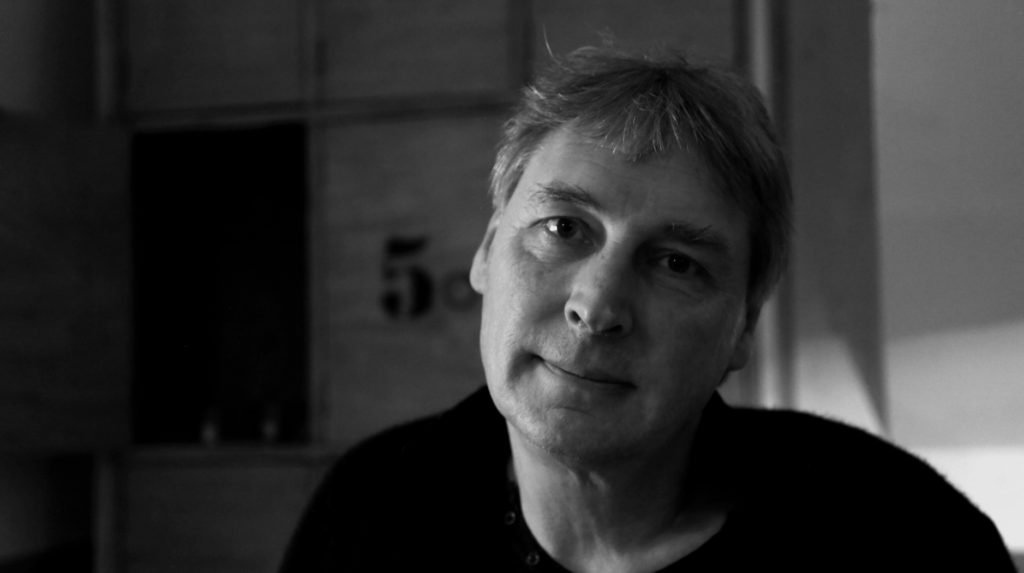 (In between, Mushroom set up a UK company. Gudinski eventually hired Korda Marshall – pictured – to run it, and scored huge successes from the likes of Garbage, Peter Andre and Ash.)
(In between, Mushroom set up a UK company. Gudinski eventually hired Korda Marshall – pictured – to run it, and scored huge successes from the likes of Garbage, Peter Andre and Ash.)
Having sold his beloved Mushroom Records, it didn’t take Gudinski long to return with all guns blazing. In 1999, he launched Liberation Music; to this day, the central record company within Mushroom.
Signings including The Temper Trap, Vance Joy and Violent Soho put Liberation on the map, and success has continued in typical style ever since.
As for modern day Michael?
As you can read below in his recent chinwag with [PIAS]’s Kenny Gates, he’s preparing himself for a “crazy year” – with his Frontier touring company now establishing itself as one of the world’s most significant live promotion powerhouses.
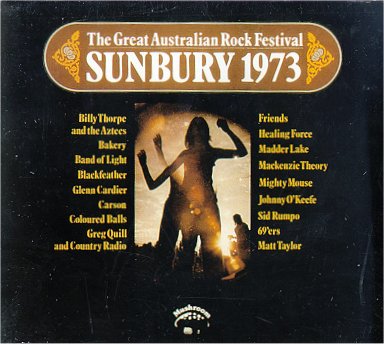 To me you’re the guy who invented the ‘360’ model. Your first record was a triple live album – that said everything.
To me you’re the guy who invented the ‘360’ model. Your first record was a triple live album – that said everything.
Thank you. It’s nice to hear that, but it’s important to say that we never man-handled artists.
We didn’t take on rights we couldn’t manage properly like some people have since – we had companies to take care of each part.
“We never man-handled artists or took on rights we couldn’t properly manage.”
We would never put acts in a position if they weren’t comfortable that they had to be with the agency or the merchandising company.
It was a long time ago. Fortunately for me I was in the business very young – when a concert ticket cost much less than an album.
You are the son of Russian immigrants. Do you speak Russian?
No. I’ve always felt very lucky to be Australian.
I was an after-thought; my father was 45 when I was born.
“I can’t imagine that if I was born in russia I’d be doing anything like this.”
I was the only Gudinski born in Australia at that point.
I can’t imagine that if I was born in Russia I’d be doing anything like I’m doing now.
Did your parents help you?
Not really. They were old school Eastern Europeans – the rest of my family was very well-educated.
I was the black sheep of the family; I didn’t enjoy school very much and I was already running dances when I was 15 in the school holidays. I had the music bug.
About three of four months before my last day of school I was already making a fair bit of money and after being offered a job in the music business, I left.
“I was the black sheep of the family… My father threw me out of the house.”
A few of my friends thought I was absolutely insane; they still talk about how bad they feel because they tried so hard to talk me out of it.
My father came back from travelling and just threw me straight out of the house.
That sounds horrific, but it wasn’t; it toughened me up.
They wanted you to be a doctor, lawyer..?
My sister was over-educated. Her husband has been knighted – he’s the top arthritis professor in the world.
My father thought the music business was like Monopoly.
“The music business in australia was still a backyard, shonky operation.”
It was happening in America but in Australia it was still a backyard, shonky business with a fly-by-night operators.
That’s why we started with a triple live album with outrageous packaging. We wanted to have major impact.
When you were successful, did your parents realised you’d made it?
My mother saw it. My father still wasn’t convinced; I had a company that went into liquidation when I was young.
To him it was confirmation that I was a bum.
“It doesn’t matter how hip you are as a label If you can’t pay the bills.”
Most entrepreneurs in the music business get into financial trouble at some stage – particularly independents.
It sounds strange but for it to happen to me when I was very young, in those early days, was helpful; it’s a lot different if it happens later in your career.
It taught me that no matter how hip or cool we were, if we couldn’t pay our bills we were shit.
I took everything on board from those early days.
When I was 16 I went on the road for the first time with a pop band called The Valentines; they had two lead singers and one of those singers was Bon Scott.
He was just a great guy. He inspired me. I kept in touch with him until his tragic death.
Unfortunately AC/DC were never with Mushroom – it would have made life very different.
“Your first two bosses in any business are very important. You can’t learn the music business in college.”
Your first two bosses in any business are very important to you. Learning from that was pretty important. You can’t learn the music business in college – certainly not in those days.
I used to put up posters, hand out leaflets, work in a cloakroom. You’ve got to get in there and be with an organisation that will help you to learn.
[PIAS] has developed some of the best staff to come out of Europe, and it’s the same with us in Australia.
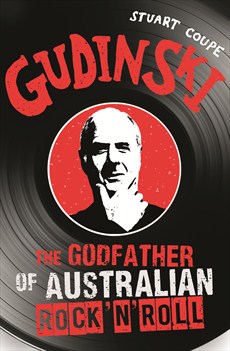 Thank you – I would agree with that. Today you are described as ‘The Godfather Of Australian Rock’n’Roll’: the title of a new book all about your life. How does that make you feel? Are you proud?
Thank you – I would agree with that. Today you are described as ‘The Godfather Of Australian Rock’n’Roll’: the title of a new book all about your life. How does that make you feel? Are you proud?
‘Godfather’ makes me feel a bit old but let’s face it, as long as I’m relevant – and [The Mushroom Group] feels more relevant than ever – it’s all a compliment.
The book you mention is unauthorised; people who are waiting to hear the great stories of Gudinski on the road – the legends – will be sorely disappointed to hear I’ve had my lawyers go through it with a fine-tooth comb.
“The book is unauthorised. Those waiting for the great stories will be sorry to hear my lawyers have gone through it…”
I believe what goes on the road stays on the road.
Some of the people who’ve fallen out with me over the years probably talk the most in the book, but I’ve got pretty thick skin.
You’re a survivor.
Yes I suppose I am. I’m very proud and I’ve been very lucky.
I know I’ve been a big fish in a small sea – that might have been different had I moved to America but I wanted to bring my family up around where I grew up.
I’ve got an Order of Australia; it was quite humbling to think that could happen considering the business I’m in; the Government made me the first entertainment person to win the Melbournian Of The Year Award, which was also quite special.
“I’ve gone through a couple of periods where I’ve lost the plot a little bit…”
I try to keep myself in the position of still getting excited about breaking artists. You’ve got to stay pretty real.
I’ve gone through a couple of periods where I’ve lost the plot a little bit. That’s when you need good people around you.
You must have seen it all. How have things changed on the road?
It’s funny, that’s where a lot of people in the music business don’t realise how competitive it’s become.
When an artist gets the chance to have the [media] sunshine on them, they’ve got to take advantage of it.
“When an artist gets the chance to have the sunshine on them, they’ve got to take advantage of it.”
The days of TVs being thrown through hotel windows, sex, drugs and rock’n’roll, are really long past.
You can still have a bit of fun but you’ve got breakfast TV to do in the morning.
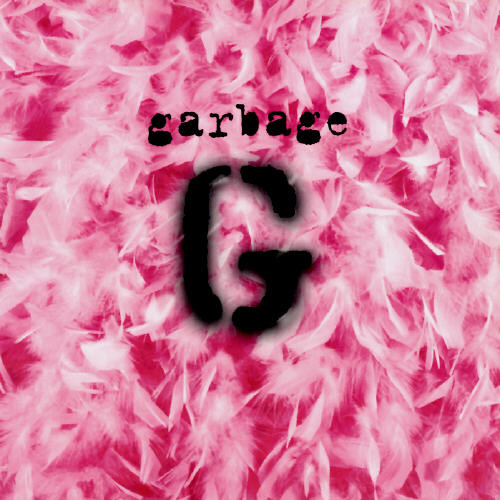 What were the tough times for you and Mushroom?
What were the tough times for you and Mushroom?
It was a very hard time when we set up Mushroom in England.
We made a lot of mistakes and spent a lot of money – this was when we were in business with Rupert Murdoch and News Ltd.
“I often wonder what a f*cking disaster it would have been had I shut down the UK office when I had the chance.”
I was about to shut the English office down then we had three No.1 albums in three months; Garbage, Peter Andre and Ash.
I often wonder what a fucking disaster it would have been had I shut that office down when I had the chance.
Which brings us on to Korda Marshall…
Korda and I have an amazing relationship. We’ve worked together a number of times.
We’re different characters, but we both have a very strong passion for music. We’ve rarely had a disagreement.
“I hope things go well for Korda at BMG. But if not, I’ll be there waiting…”
I hope things go really well for him at BMG. But if not, I’ll be waiting, and ready to go again.
One of the new Infectious acts is also ours [The DMA’s] and I’ll be there from day one.
 What was the first record you ever bought?
What was the first record you ever bought?
My first two singles were Elvis Presley and Roy Orbison. I was about 12 or 13.
My parents wouldn’t let me see The Beatles; they thought I was too young. That just drove me more towards music.
The first concert I went to was a lunchtime [gig] in Berk Street in Melbourne by a band called The Loved Ones.
“My parents wouldn’t let me see the beatles. That just drove me more towards music.”
I bought their publishing many, many years later.
There was a song of theirs called The Loved One, which INXS recorded and it was a hit everywhere.
I approved the royalty rate for the guys, and it was a very good investment!
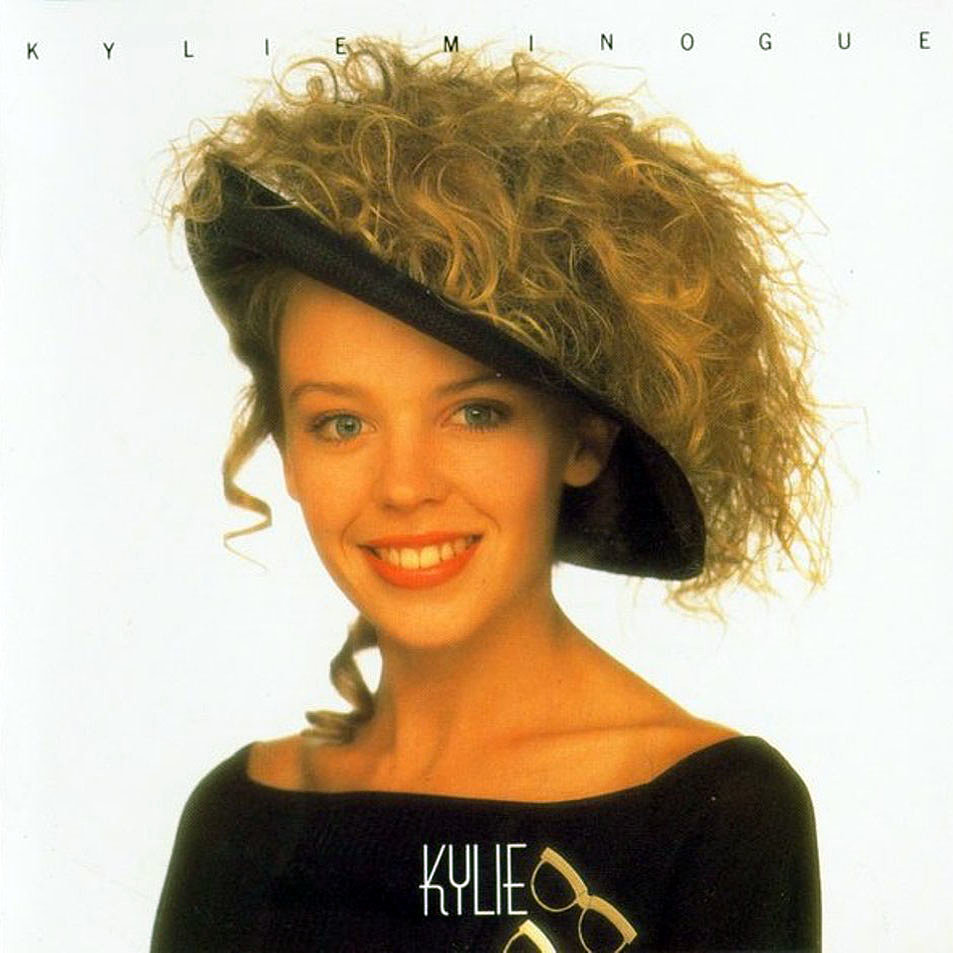 What about Kylie – she wasn’t a typical Mushroom artist at the time…
What about Kylie – she wasn’t a typical Mushroom artist at the time…
There’s a lot of bullshit in that book you mention about Kylie; who did what and how.
The label was very rock and alternative, so Kylie was not the kind of act you’d expect – they said, ‘It’s the death of Mushroom!’ I laugh about it now.
The one thing about Mushroom is that we’ve always been very diverse. To be honest, I thought she might be a one or two-hit wonder.
I had a great big beard and crazy hair then. I was very concerned to get the right people in the office to meet her parents!
[Kylie’s family] were very tight and they remain very tight to this day.
“I’m a bit brash – I don’t have time for bullshit. So I’m extra proud to say that kylie and I have never had an argument, ever.”
For the first few years she was never really a live artist, and now she’s become one of the greatest touring artists in the world.
She put us on the map internationally. I could talk for hours about that girl. She’s so committed, dedicated and she’s such a great person.
To see her headline Hyde Park this year with Grace Jones and Chic and get her first five star review in The Times was fantastic and so important – particularly after her short time with Roc Nation.
I’m famous for being a bit brash and arrogant – sometimes I don’t mean to be. There’s just a lot on my mind and I don’t have time for bullshit.
So I’m extra proud to say that Kylie Minogue and I have never had an argument, ever. I saw her the other week and she is just a gem. It’s great to see her happy. I’ve been through a very big health scare with her and she’s been through one with me.
‘The death of Mushroom’? It makes me laugh. It was the complete opposite. Sometimes you have to be very careful not to listen to the wrong people.
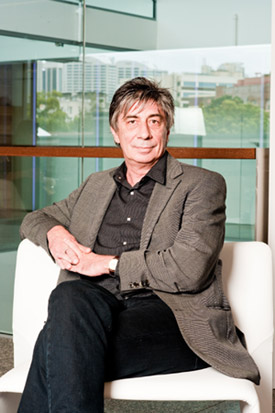 What’s the secret to Mushroom’s success?
What’s the secret to Mushroom’s success?
I’ve had a good knack at picking great people. I give them a lot of rope, and a few of them have hung themselves.
But that way you find out pretty quickly how good they are.
We’ve got iconic names with us at the company. But it’s not just about Ian James (pictured), Warren Costello and now Nick Dunshea, who’s really brought in a very strong team.
It’s about a new attitude, one that ensures the Mushroom companies work closely together. After all, we’ve got enough companies trying to compete with us out there!
“I get a lot of credit, but the people make mushroom happen.”
It’s well known that David Geffen started out in the mailroom of William Morris.
I get a lot of credit and my son says I micro-manage, but the people are the thing that makes Mushroom happen.
The thing I’m really proud of in the last few years is setting up such a super promotion department. I could see the record business was changing so in order to have the strongest promotion department in the country, I combined all the touring and record people into a super-promotion team.
40 years of rock’n’roll. 40 years of partying. 40 years of artists. How do you survive that?
The partying has obviously slowed down an immense amount. I had a very big health scare and the doctors were fortunately very wrong. It was a shake-up for everyone.
I had a good attitude about it, I thought if I was over I had a great life.
Like it or not, in the ‘80s and ‘90s, partying was part of the business – especially going to America.
I’m glad the industry has grown up since then. I was lucky that I was my own boss, because realistically if I hadn’t been the boss I’d have been fired ten times over.
“partying hard worked in our favour. I was lucky I was my own boss. Otherwise I’d have been fired ten times over.”
The partying worked in our favour. When people come to Australia they’re usually a long way from home, so if you look after them they don’t forget it.
I’ve always had a policy that if I was going to go and see an act, I’d try not to see them in LA, New York or London – I’d turn up in Buffalo, Carolina, somewhere where all of a sudden you’re important and remembered.
As you know, reputation is paramount in this business. I’m very proud to say we’ve never been to court with an artist. Mind you, we did settle on the steps twice!
But it’s still an incredible accomplishment when you think about all the legal shit that goes on in this business.
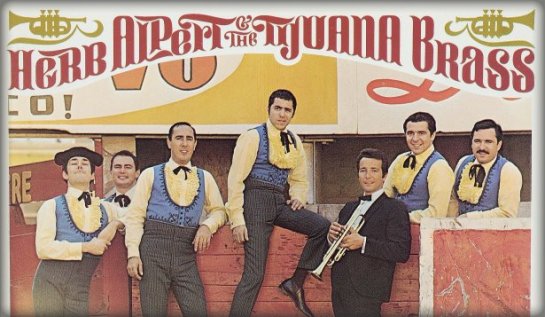 Who are your mentors – people who really inspired you?
Who are your mentors – people who really inspired you?
The late and great Alan Healy, who ran Festival Records, was like my second father.
When Mushroom went through hard times he’d come and stay with me. He was a very straight guy – you could say the opposite to me – but he really helped me so much.
Festival was owned by Rupert Murdoch, who must have walked in there three times in 30 years. He was already on a mission with newspapers, Fox etc.
Another one was Tom Ross who head of music at CAA in America who helped me a hell of a lot.
And then Elliott Roberts, one of the great managers in America. And also Paul Schindler of the legendary music law firm Grubman, Indursky and Schindler, was a great supporter.
I was one of the first six clients of theirs. I tended to gravitate towards people who found me interesting.
“Jerry Moss looked after me in America. I couldn’t believe his house. It was like a fantasy land.”
That thing about looking after people when they come to Australia was definitely true with Jerry Moss. When he first came to Australia with Herb Alpert and The Tijuana Brass, they’d had a hit single with The Lonely Bull.
After we took care of him, when I went over to America, I got picked up from the airport in a Rolls Royce and I went to [Jerry’s] house with all the Gauguins on the wall and the rest of it.
I couldn’t believe it. It was like a fantasy land. He signed a couple of my acts, I don’t know if that was a favour or not.
And then Chris Wright and Terry Ellis from Chrysalis were pretty supportive.
I got on very well with Terry at first, then Chris and I became friends for life. There were other independents from that time who were a great help too.
What about Seymour? He could be your brother from America!
You know, you’re right. We get on well.
We did a little bit together in the early days. You’ve got to be a leader not a follower and Seymour Stein is certainly a leader.
Before he became a bigshot, Tommy Mottola was also pretty helpful to me in the early days.
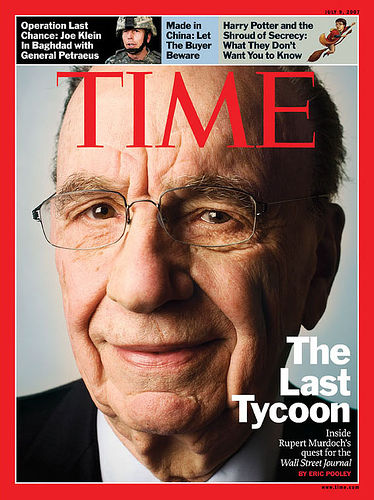 Tell me about the Mushroom Records sale. You sold to News Ltd?
Tell me about the Mushroom Records sale. You sold to News Ltd?
Yeah. I didn’t push Rupert Murdoch for it. Initially I went to see him about an idea I’d had to buy some radio stations [together], which to this day could have been the greatest thing I’d ever set up. However, it wasn’t to be.
They were called the Triple-M network, which to me stood for More Mushroom Music.
But there were very strong broadcasting laws in Australia about cross-ownership [that prevented Mushroom buying them].
I went straight to Rupert Murdoch and he was just a genius. He saw the whole big picture. He’d never been in the radio business. In order to do it, he’d have had to park the shares with someone else.
“Rupert murdoch is a genius. He saw the whole picture.”
But all his honchos were so pissed off with me that I’d gone direct to Rupert Murdoch that they fucked it up. That deal would have made AUS $125m easy.
During those discussions, he said to me: ‘If you’re ever going to sell, please let me have the opportunity.’
A Japanese company, I think Fuji Pacific, were very keen and eventually they made me an offer to buy 25%.
I went to Rupert, showed him the offer and he said: ‘I’ll match it, but I want 50%.’
I said I’d do it on one condition – that I had the casting vote [retaining 51%]. That was the smartest thing I ever did.
Do you regret selling?
I have mixed feelings. I knew what I was doing, and the money set me up in my life. But I thought much more would come out of it from [Murdoch’s] Fox connection and News Ltd. That’s where it was a letdown.
The power they could have put behind it was huge. But even their own companies in those days were hardly in sync either.
We still had all the other [Mushroom] companies, remember – we only sold the label.
A lot of people thought I was a genius because I could see the record industry was going to fall apart. I think that’s giving me a bit too much credit.
What was really disappointing was when I sold the other half to them [in the late ‘90s], it took a long time to get the deal done.
“The power we’d have had if we pulled off that radio deal! And I like power…”
You go to bed wondering if the deal’s on or off. That went on for 18 months and it could have been done in three.
Rupert’s son James was involved; I have little respect for the way he does business. I’ve got nothing against Lachlan or Rupert – if Rupert walked in here now he’d shake my hand.
A lot of people don’t realise that [News Ltd.] actually approached me and that I’d had this fantastic radio idea.
The power we would have had if we pulled it off! And I like power…
They dismissed me [as a employee after Mushroom was sold]. I was naïve enough to think I was going to stay around and help.
It was incredibly frustrating. I’d have loved to have stayed on and ensured that Mushroom became the saviour of Festival. However, James Murdoch didn’t see it that way.
So because of that, the minute my non-compete was up I came back with a vengeance [with Liberation Music]… and pissed away a lot of money.
In true Gudinski form, we’ve survived again and done very well.
I don’t think I could work with anyone again. I’ve had so many people try to buy the touring company, the publishing company. No way.
Are you a punk or a hippy?
A hippy.
Why do you still do this?
I love it. What else am I going to do? Now my son’s there, my wife knows I’m going to make sure the Mushroom legacy continues.
I’d like to slow down a bit but I’ll never retire.
I suppose, as would be expected, I’ve gone through periods where I’ve zoned out a bit. I’m too old to use the excuse, ‘I’ve been on tour – don’t hassle me.’
What about, ‘Gone fishin’?!
Haha. Not me mate. I hate fishing. Golf’s more my scene!
You can see just sitting here talking I get excited by what I do.
Whether you’re a plumber, electrician or a pilot, if you’ve got a job you enjoy, you’ll be better at it and you’ll be happier in life.
“If you’ve got a job you enjoy, you’ll be better at it and you’ll be happier in life.”
That’s the simple philosophy.
You don’t need a masters degree to work that out, but you and I know so many people who don’t like their jobs and that reflects into their life, I reckon.
Are you a romantic?
Yes.
No. One of the greatest things in my whole life has been my wife.
She has been my absolute balance.
She ensured I never came close to being a ‘rock’n’roll casualty’.
We are so looking forward to the future together.
I was a hippy – I never planned to live to 50, let alone have kids.
“If it wasn’t for my wife, I’d have fallen off the edge. I’m certain of it.”
My wife came out of radio industry so she knew [the music business].
She’s just been such a strength for so long.
If I hadn’t had that balance throughout all that time, I’d have fallen off the edge. I’m certain of it.
I can’t give my wife enough credit.
